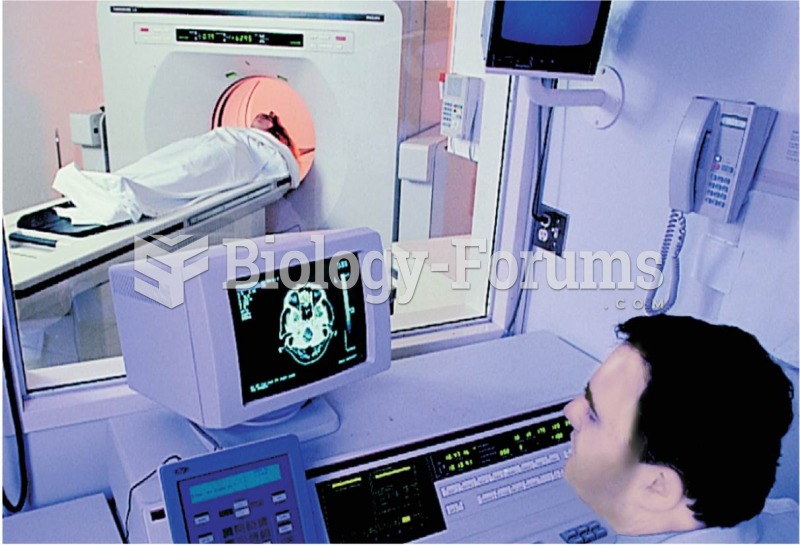|
|
|
Did you know?
Vaccines prevent between 2.5 and 4 million deaths every year.
Did you know?
In 1864, the first barbiturate (barbituric acid) was synthesized.
Did you know?
In Eastern Europe and Russia, interferon is administered intranasally in varied doses for the common cold and influenza. It is claimed that this treatment can lower the risk of infection by as much as 60–70%.
Did you know?
Signs of depression include feeling sad most of the time for 2 weeks or longer; loss of interest in things normally enjoyed; lack of energy; sleep and appetite disturbances; weight changes; feelings of hopelessness, helplessness, or worthlessness; an inability to make decisions; and thoughts of death and suicide.
Did you know?
There are over 65,000 known species of protozoa. About 10,000 species are parasitic.







